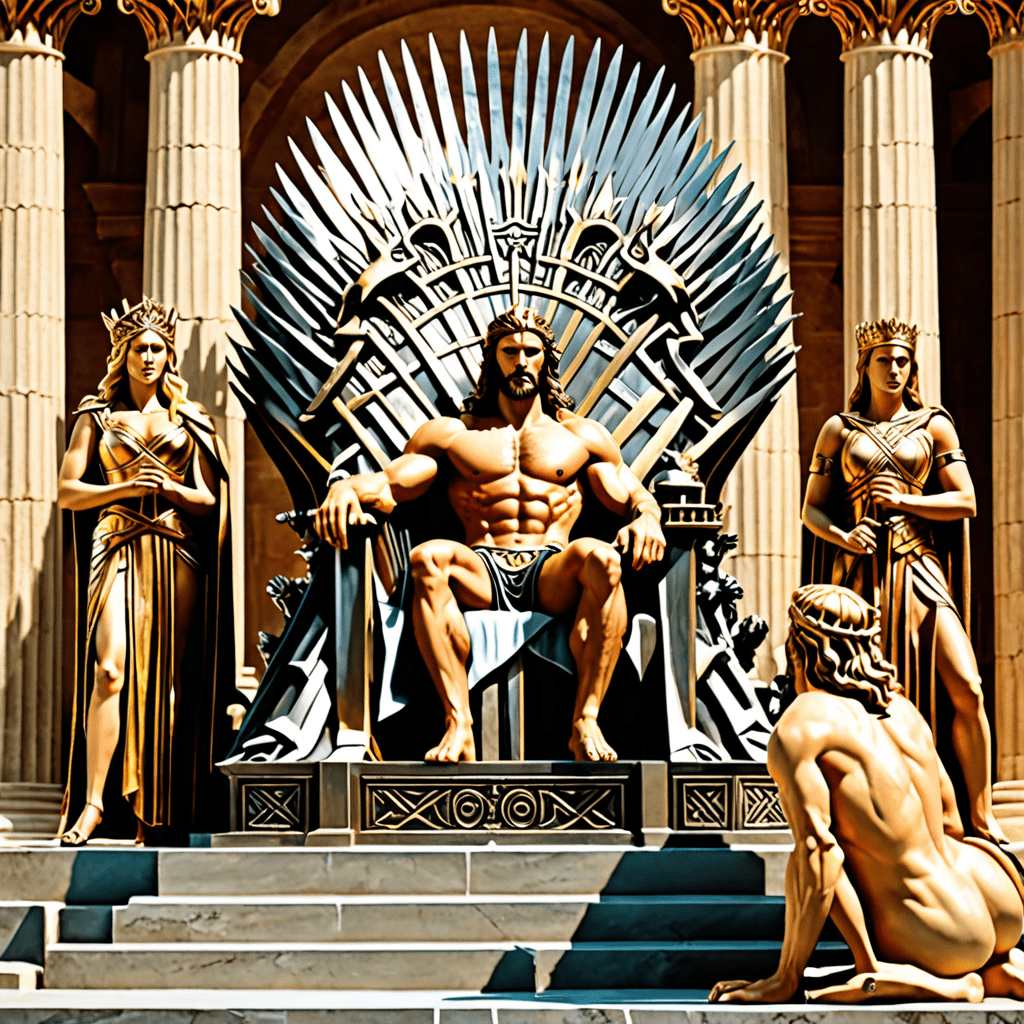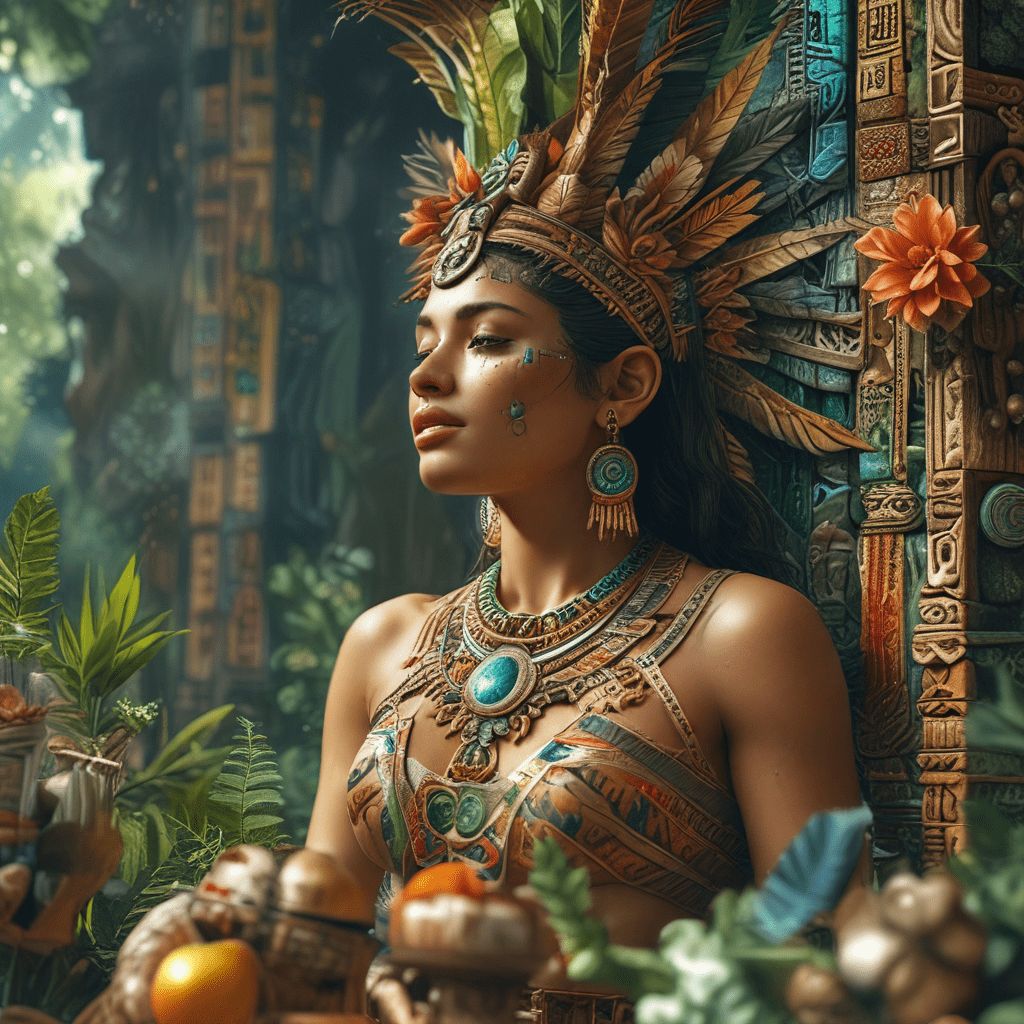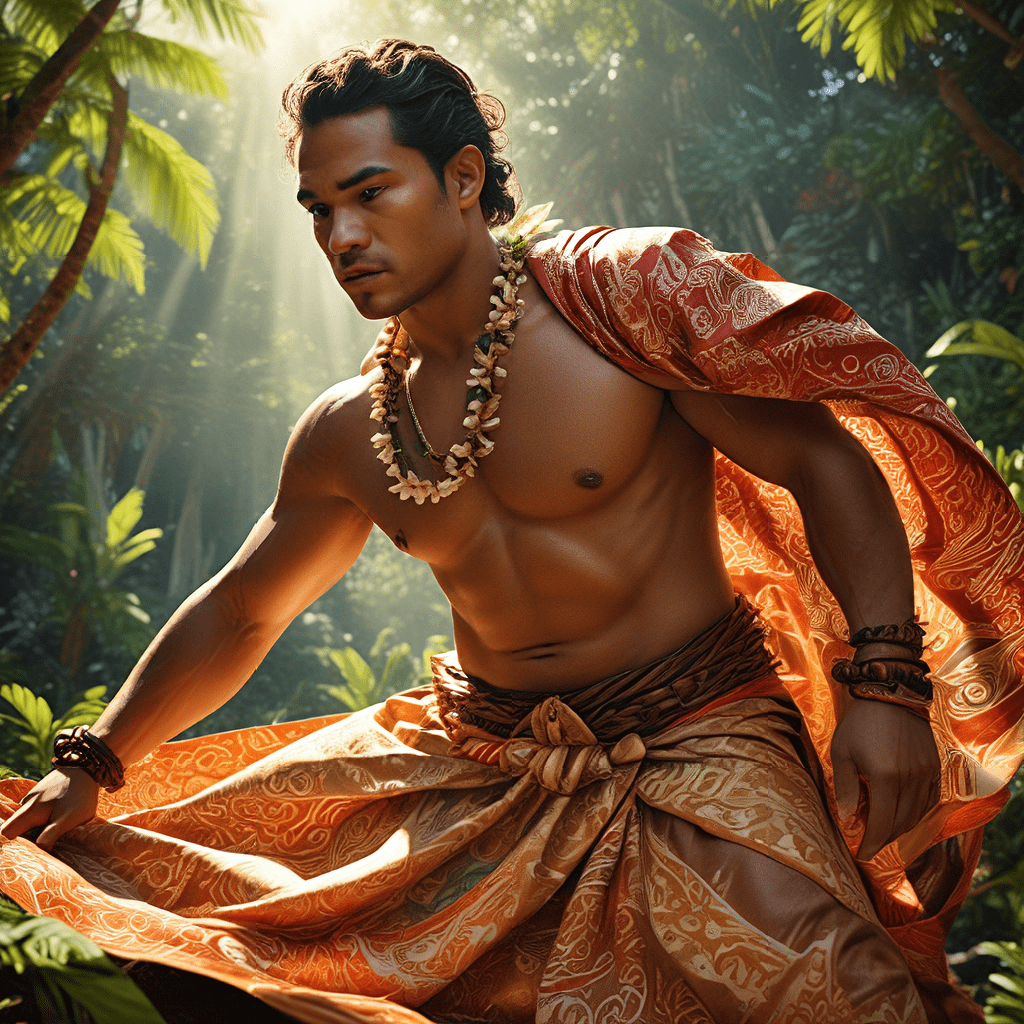The Symbolism of Thrones in Greek Mythology
Thrones hold significant symbolism in Greek mythology, representing power, authority, and divine right. Let’s delve into the fascinating world of thrones in Greek myths.
What do Thrones Symbolize in Greek Mythology?
In Greek mythology, thrones symbolize leadership, kingship, and hierarchy. The individual sitting on the throne is often associated with power, superiority, and divine mandate. Zeus, the king of the gods, was depicted sitting on a majestic throne symbolizing his reign over Mount Olympus and the entire pantheon.
Examples of Thrones in Greek Mythology
One of the most famous thrones in Greek mythology is the throne of King Minos of Crete. This mythical throne was said to possess the ability to detect any deceit and would physically reject any dishonest claimant, showcasing the concept of divine justice and truth.
Another prominent example is the throne of Hera, the queen of the gods and sister-wife of Zeus. Her throne represents marital power, symbolizing her role as the protector of marriage and family. It highlights the importance of her position among the Olympian gods.
The Symbolic Significance of Thrones for Greek Gods and Heroes
For Greek gods and heroes, the throne serves as a visual representation of their authority and influence. Sitting on a throne not only signifies rulership but also underscores the social order and structure within the mythological world. It establishes a clear hierarchy and reinforces the divine status of the occupant.
Thrones in Greek mythology also reflect the concept of destiny and fate. The individual destined to sit on a particular throne embodies specific qualities and characteristics deemed necessary for guiding the course of events in the mythological narrative.
In conclusion, thrones in Greek mythology hold a blend of symbolism representing power, governance, divine authority, and destiny. They provide insight into the hierarchy, values, and beliefs prevalent in ancient Greek culture and mythology.
FAQ: The Symbolism of Thrones in Greek Mythology
What is the significance of thrones in Greek mythology?
Thrones in Greek mythology symbolize power, authority, and divinity. They often represent the seat of rulers, gods, or goddesses, signifying their sovereignty and influence over the mortal and immortal realms.
Which gods or goddesses are commonly associated with thrones in Greek mythology?
Greek gods like Zeus, the king of the Olympian gods, is often depicted seated on a magnificent throne symbolizing his supreme authority. Goddesses like Hera, queen of the gods, are also frequently portrayed sitting on thrones, showing their regal status.
What do thrones symbolize in the stories of Greek mythology?
In Greek myths, thrones symbolize not just physical seats of power but also the cosmic order and hierarchy established by the gods. They serve as a visual representation of divine rule and the interconnectedness between the mortal and immortal worlds.
How do thrones reflect the values and beliefs of ancient Greek society?
Thrones in Greek mythology reflect the societal values of honor, respect for authority, and the belief in a structured hierarchy. They underscore the importance of leadership and the divine right to rule, mirroring the societal structures and norms of ancient Greece.



